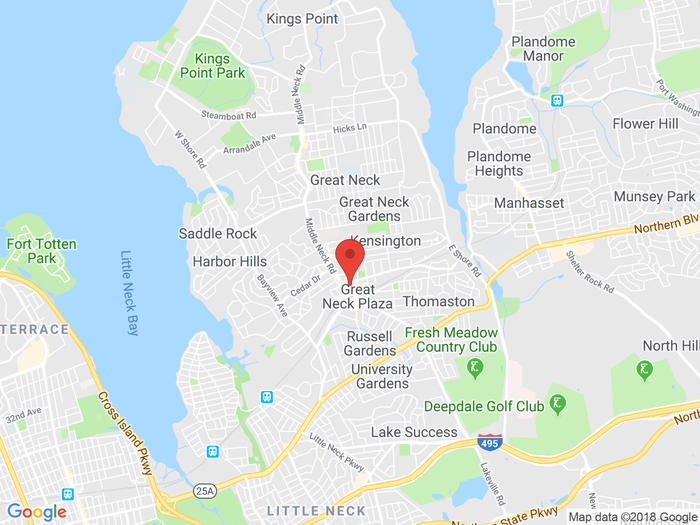Blog
Insurance vs. Out-of-Pocket: A Guide
Studies have found that there are, roughly speaking, 80 million Americans who are without dental insurance. While having dental insurance can significantly mitigate the cost and ease of finding a dentist, there are pros and cons to both sides of this situation. There are some benefits of not being covered by dental insurance and some drawbacks of being covered by dental insurance. Suppose you are not covered by dental insurance, or perhaps you are and are considering the alternatives. In that case, this blog will cover the pros and cons of not having dental insurance and having dental insurance.
What is Dental Insurance?
Dental insurance helps cover the cost of dental procedures, which might include essential checkups and cleanings, preventative care, and restorative procedures. However, cosmetic dentistry, such as dental implants, may not be covered by insurance. Some employers provide dental insurance, while other people may need to pay for their own dental insurance.
Paying Out-of-Pocket: the Pros
When you are covered by dental insurance, your options might be limited. After all, not all dentist offices work with all dental insurance companies. However, you can shop around for the best services when paying out-of-pocket. You might wonder what a pediatric dentist's cost without insurance might be like, so you shop around for your child's best deal. As a result, many dentist offices will be willing to negotiate prices - they do want, after all, your business.
Paying Out-of-Pocket: the Cons
The pediatric dentist cost without insurance, or whatever type of dentist you are looking for, will be costly - that much is certain. When you do not have dental insurance, you, the patient, are left to foot the entire bill. And the bill can be steep. For better or worse, the prices of dental procedures - and much of medical procedures - are not regulated. So, that means that a dentist's office can charge whatever they like for a procedure or treatment.
Having Dental Insurance: the Pros
If you are covered by dental insurance, you can be assured that you will not have to pay for the entire dental procedure or treatment bill. The insurance company will also negotiate prices, so you do not have to do this hard bargaining, and you also receive a good deal. Insurance companies want to mitigate risk. By mitigating risk, they can reduce their costs by not having to pay for dental implants or a costly root canal. So, dental insurance companies frequently will cover checkups and preventative care up to 100%.
Having Dental Insurance: the Cons
One downside of having dental insurance is that your options are limited. As we saw earlier, not all dentist offices work with all insurance companies. So, if you really want that particular service or dentist, and your insurance company does not pay for it, then you will have to pay for it out-of-pocket. While dental insurance can significantly reduce cost, it also limits where exactly you can go for dental treatment.
Contact Us
Never been happier with a dentist before! The professionalism, individual care, sparkling clean office, and the range of services are amazing. Highly recommended!

